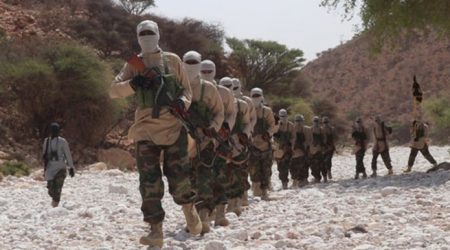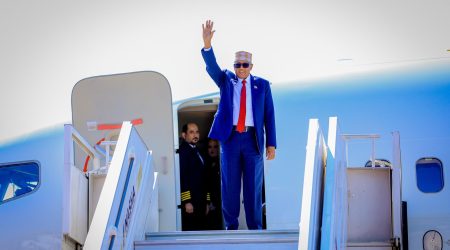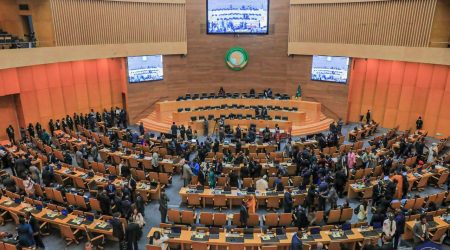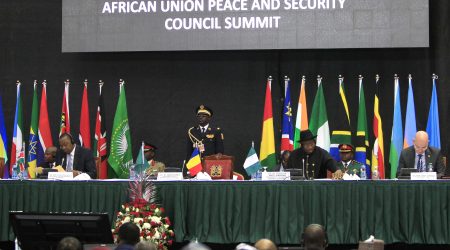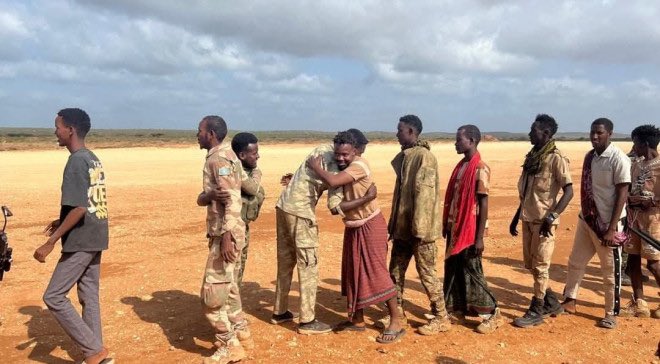
17
Dec
Jubaland’s Release of SNA Troops Signals Shift in Relations with Somali Federal Government
The release of Somali National Army (SNA) troops by Jubaland, including members of the elite Gorgor and Haram’ad brigades, following clashes in Raskamboni, marks a significant development in Somalia’s political and military landscape. This gesture appears to signal a shift in Jubaland’s approach to the Somali federal government, potentially opening the door to dialogue. Jubaland has long criticized the federal government’s military strategies, accusing it of politically motivated troop deployments far from Mogadishu, leaving the capital vulnerable to Al-Shabaab attacks.
The repatriation of over 600 surrendered soldiers, currently in Kenya awaiting return, adds another layer to the unfolding situation. Kenya’s role in facilitating the repatriation underscores its involvement in the region’s security dynamics, reflecting the broader role of neighboring states in Somalia’s internal conflicts. This situation also raises questions about the effectiveness of Somalia’s federal government in managing its military, especially as regional governments like Jubaland continue to assert influence in security matters.
Jubaland’s actions could be seen as a tactical move to pressure the federal government into reconsidering its approach to both military and political matters, particularly in how it handles federalism and regional autonomy. While the release of the captured soldiers might seem like a humanitarian gesture, it signals deeper tensions about the balance of power between the central government and regional states.
This development highlights the complexities of Somalia’s federal system, where regional actors play significant roles in shaping national security policies. As Ethiopia, Kenya, and other regional players continue to influence the situation, the evolving relationship between Jubaland and the federal government will be crucial in determining the future direction of Somalia’s peace and stability.




